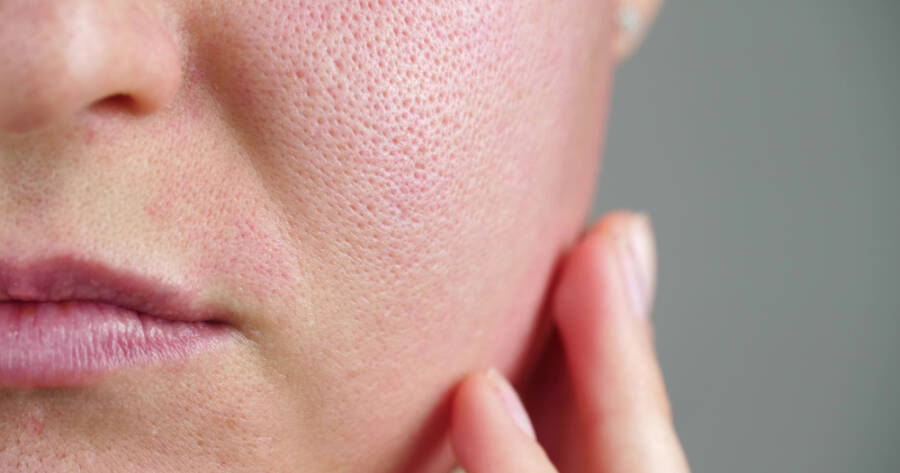Managing oily skin isn’t about stripping away all your natural oils—it’s about finding the right balance. Across the European Union, people are rethinking how they approach shine control. Instead of harsh routines that cause irritation, many are turning to gentle, consistent rituals that support the skin’s health without going overboard. Understand a few proven rituals to help reduce excess oil while keeping your skin happy.
Cleanse, but Don’t Overdo It
One of the most common mistakes people with oily skin make is cleansing too often or using overly harsh products. While it might seem logical to wash your face multiple times a day, this can strip your skin of essential moisture and trigger even more oil production as a defense mechanism.
Instead, opt for a gentle, pH-balanced cleanser that removes dirt and buildup without disrupting the skin barrier. Micellar water, mild foaming cleansers, or gel-based formulas are often ideal. In countries like France and Germany, pharmacy brands that focus on gentle dermatological care are popular for oily skin routines.
Aim to cleanse twice a day—once in the morning and once before bed. This rhythm helps your skin stay clean and fresh while preventing irritation or rebound oiliness.
Use a Toner that Balances, Not Burns
Toner has evolved far beyond the astringent, alcohol-heavy versions of the past. Today, many European beauty lovers use hydrating or balancing toners to help refine pores and soothe oil-prone skin. Look for toners with ingredients like witch hazel (in low concentrations), niacinamide, or green tea extract. These help calm the skin and reduce shine without causing dryness or sensitivity.
In Nordic countries, for example, brands often incorporate botanical ingredients like birch sap or chamomile to balance the skin gently. A toner can be applied after cleansing and before moisturising to prep the skin and give it an extra layer of hydration—often a key step in reducing oil overproduction.
Moisturise (Yes, Really)
There’s a widespread misconception that oily skin doesn’t need moisture. In truth, skipping this step can signal your skin to produce even more oil. The trick is to choose the right type of moisturiser: lightweight, oil-free, and ideally water-based.
Gel moisturisers, mattifying fluids, or emulsions are great for locking in hydration without leaving a greasy residue. In Mediterranean regions, where the climate can be humid, many people prefer aloe vera–based products that absorb quickly while calming the skin.
Some moisturisers also include ingredients like zinc or salicylic acid in small amounts to help control sebum without causing flaking. Moisturising regularly, even just once a day, can help maintain healthy skin function and reduce unnecessary shine.
Weekly Masks and Gentle Exfoliation
Oily skin often benefits from weekly care rituals that offer a deeper clean or rebalance the skin’s surface. Clay masks—especially those made from kaolin or green clay—can help absorb excess oil and purify pores. In countries like Spain and Italy, these masks are sometimes blended with natural ingredients like rosemary or honey to add a calming effect.
However, it’s important not to overdo it. One or two times per week is enough. Similarly, gentle exfoliation with a soft enzyme peel or a BHA (beta hydroxy acid) like salicylic acid can help prevent clogged pores and reduce the appearance of large pores. Be sure to avoid harsh scrubs that can scratch the skin and make oiliness worse in the long run.
Focus on Lifestyle Factors
Skin isn’t only affected by what you put on it—it’s also influenced by what’s happening inside. Stress, diet, and even sleep can impact oil production. Across the EU, more people are embracing holistic wellness as part of their skincare approach.
Try incorporating mindfulness practices, regular physical activity, and a diet rich in fruits, vegetables, and whole grains. While it’s not necessary to avoid all fats, being mindful of excessive dairy or processed foods may help some people reduce oiliness. Drinking enough water and sleeping well are also simple ways to support a healthy, less reactive complexion.
Shine Less, Glow More
Living with oily skin doesn’t mean resigning yourself to constant blotting papers or midday makeup meltdowns. With consistent rituals and the right products, you can help your skin find balance—without stripping it bare. Across Europe, people are learning to work with their skin type rather than fighting it.
By cleansing thoughtfully, using balanced toners and moisturisers, and adding weekly treatments, you can support your skin’s natural rhythm and feel more comfortable in your own skin. Remember: the goal isn’t zero oil—it’s a healthy glow that reflects both care and confidence.

